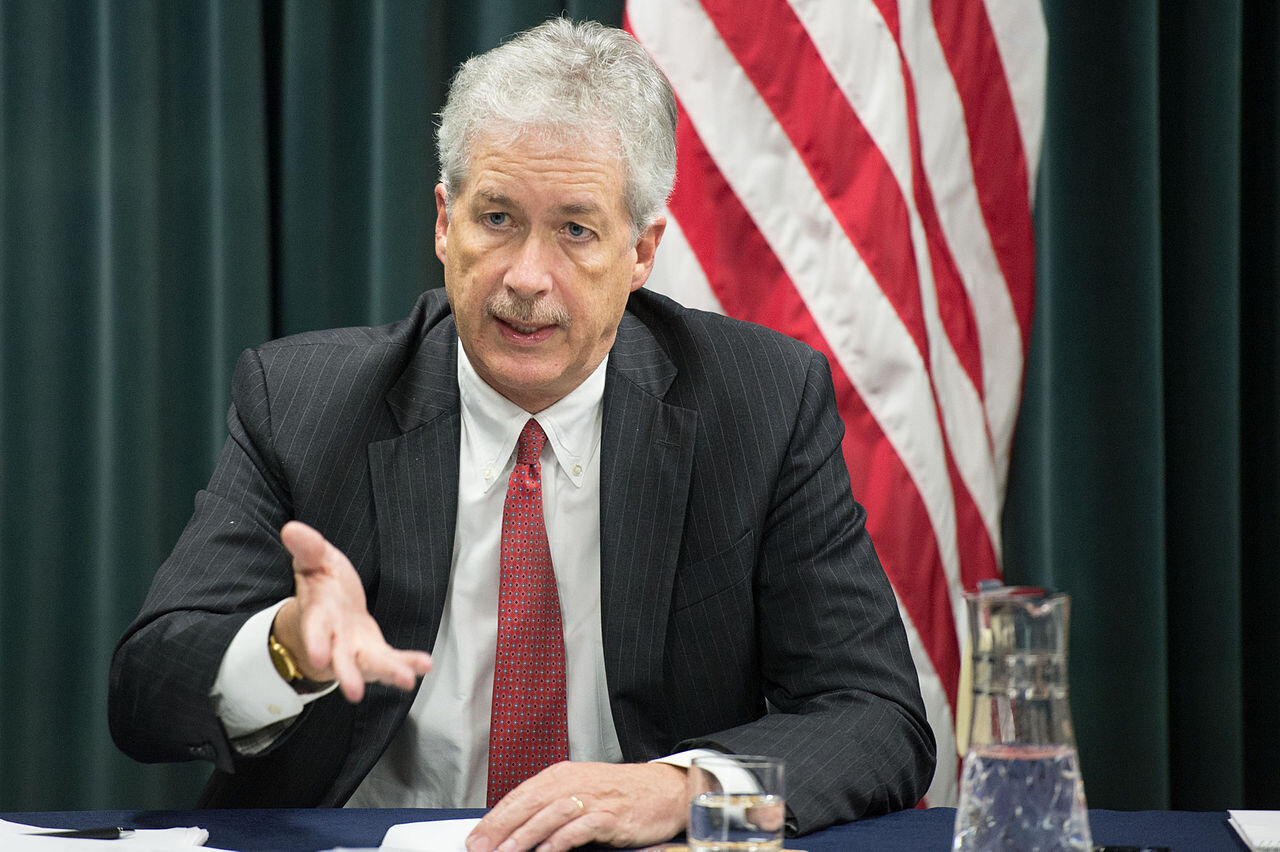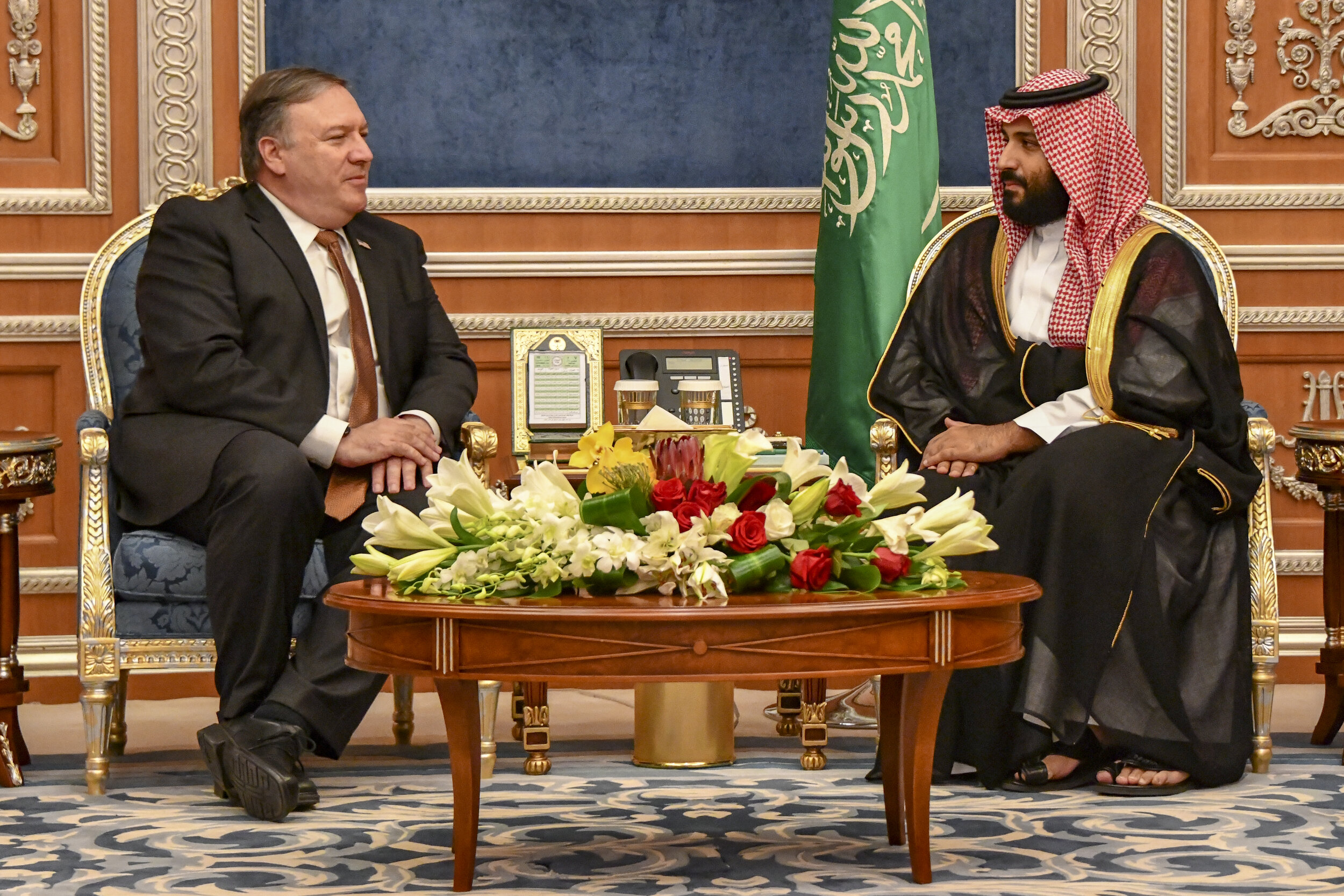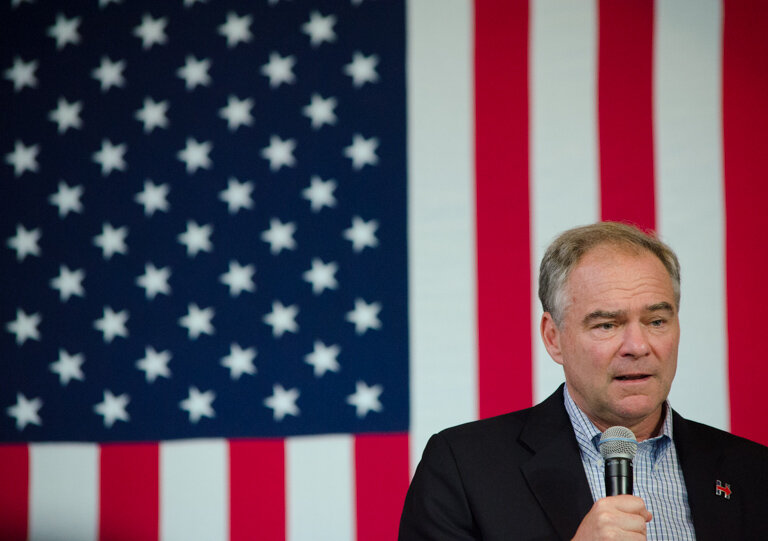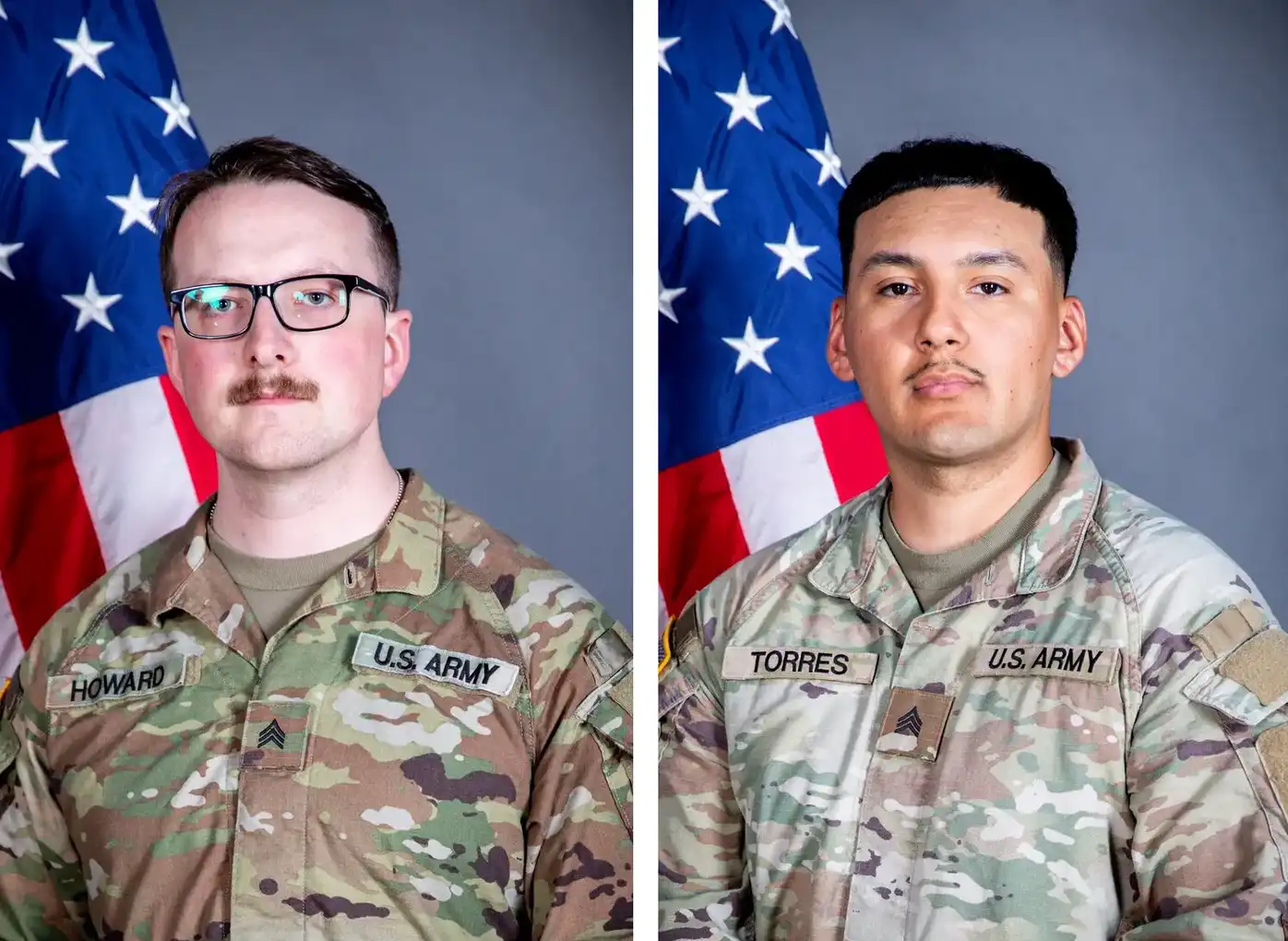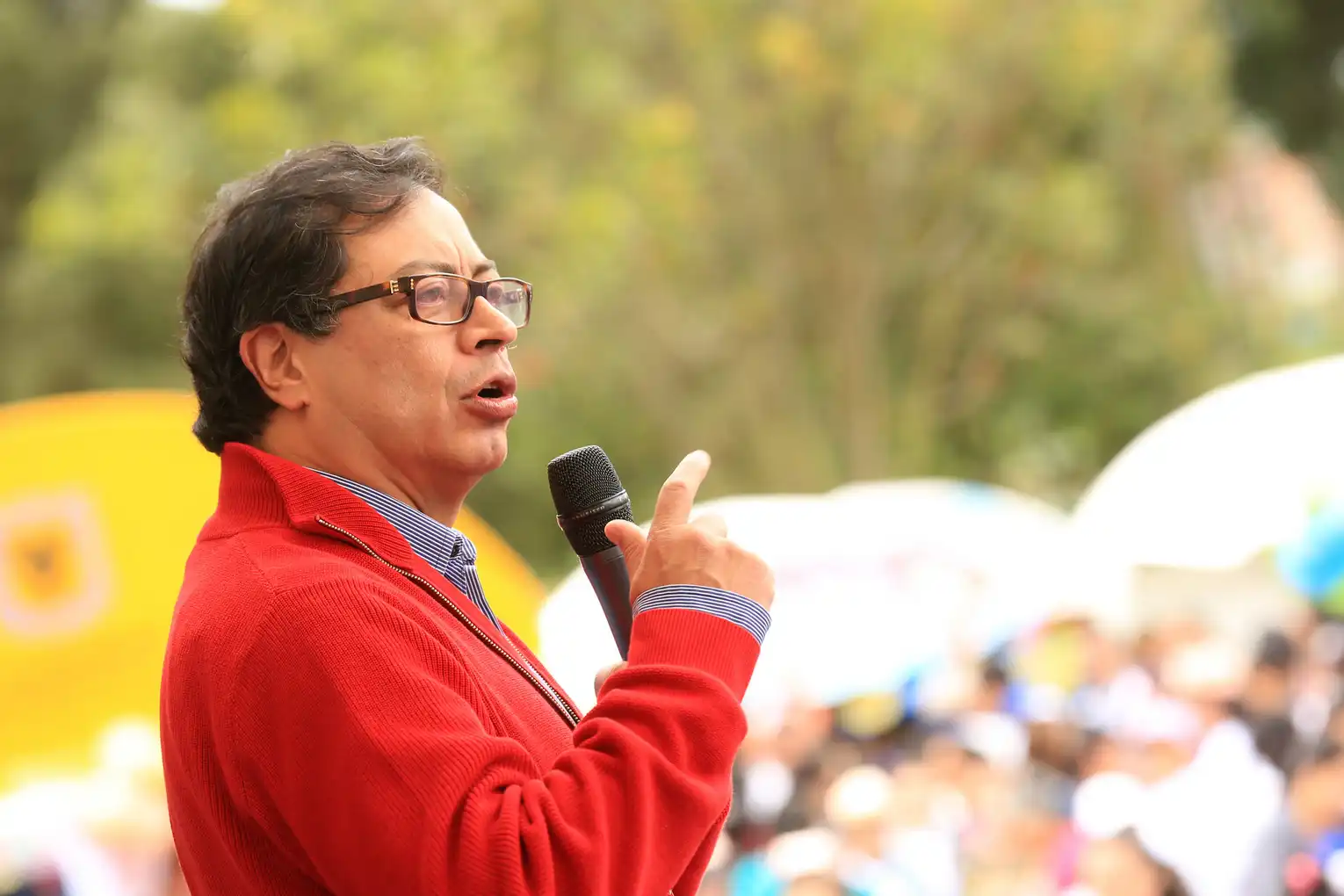PICTURED: Damage to a cholera treatment center in Yemen supported by Doctors Without Borders after an airstrike by the Saudi-led coalition. Photo credit: Felton Davis. CC. 2.0.
WASHINGTON D.C., February 4th, 20221. President Biden announced in a foreign policy-related speech that the United States will partially end it’s involvement in the war in Yemen.
American foreign policy is rife with examples of simple definitions proving far more complicated than they seem, but nonetheless Biden declared he would be” “ending all American support for offensive operations in the war in Yemen, including relevant arms sales”.
The people of Yemen, said the president, “are suffering an unendurable devastation,” while announcing the War in Yemen must end.
Biden also announced the appointment of Timothy Lenderking, former Dep. Assistant Sec. of State for Middle Eastern Affairs, as special envoy to Yemen who will lead the charge to settling a peace agreement between the warring parties.
Describing an end to the war in Yemen would involve not only ceasing arms sales and operations support, but also policing and punishing Saudi and UAE airstrikes conducted with the weapons and warplanes sold to them by Barack Obama and Trump. Ending support for “offensive operations” might not necessarily mean that, even if the weapons stop being sold.
Such bombing campaigns, as the UN has found, and on which World at Large has reported, have contributed to the worst humanitarian crises on earth, putting millions people on the brink of famine and bringing about several vicious and easily-preventable cholera outbreaks.
It was reported in 2020 by the UN that more than a quarter million people at least have died so far, the vast majority of which are civilians.
The risk for famine was drastically exasperated when in one of the last acts of the Trump Administration, the controlling faction in Yemen, the Houthis, were designated as a terrorist organization, preventing any aid groups from delivering food, medicine, or COVID-19 supplies to 70% of Yemen’s more than 26 million inhabitants.
Sec. of State Antony Blinken has announced a waiver to groups looking to bring aid into the country, but the State Department is still “reviewing” the Houthi terrorist designation, bringing yet more calls from the UN and aid groups to drop it.
PICTURED: former-Sec. of State Mike Pompeo, principal guarantor of arms and designator of the Houthis as terrorists, meets with Saudi Crown Prince Mohammad Bin Salman, orchestrator of the war plan which involves heavily targeting civilian food and water infrastructure.
The best defense…
Writing for Responsible Statecraft, analyst Annelle Sheline notes the difficulties in measuring expectations. “Who will determine if an action is offensive, the US or Saudi Arabia? And how will it be defined? The Saudis, for instance, argue that their entire war efforts are defensive”.
“The war is known as the Saudi-American war in Yemen. The blockade of the Houthi-controlled ports is referred to as the American blockade,” she continues, noting that it may not be enough for the U.S. to end complicity in weapons supply, but blockades as well, the main cause of the rapidly approaching famine.
Yemen activist Hassan El-Tayyab described in a radio interview in late January that critical components of Saudi warplanes must be replaced after every flight, which include tires and other necessities, so cutting off all operational and resupply efforts are crucial. However depending on how many resources have been stockpiled during the last two presidents’ terms, the bombing could go one quite a long time.
If the war “must end,” then it will take more than stopping American weapon sales, but a full-court diplomatic press against the Saudi royalty who may feel their reputation is at stake.
Unfortunately for Crown Prince Bin Salman, the bar the Saudi-led Coalition to Restore Democracy in Yemen set for victory is not one that can be measured subjectively.
When a Saudi puppet-dictator by the name of Mansour Hadi was overthrown in 2015 by the Houthi majority in the country, the coalition’s objective in obliterating the poorest country in the Middle East was reinstalling him in the capital of Sanaa.
Hadi still lives in a Riyadh hotel room, so major face-saving actions would have to be agreed upon by the Houthi leadership in order for Bin Salman to agree to end the war.
Whether Biden and Lenderking have the guile to untie that Gordian knot, and whether they can do it fast enough to prevent a famine, will be a major test of resolve for the fledgling president.
AQAP
Is a rush to clarify the President’s high-on-rhetoric statements, National Security Advisor Jake Sullivan said that ending offensive operations and arms sales wouldn’t affect America’s commitment to fighting al-Qaeda in Yemen, known as AQAP for the Arabian Peninsula.
Instead he said that offensive operational support “extends to the types of offensive operations that have perpetuated a civil war in Yemen that has led to a humanitarian crisis”.
“The types of examples of that include two arms sales of precision-guided munitions that the president has halted that were moving forward at the end of the last administration,” said Sullivan.
For several months under Obama, the Houthis were vital intelligence-gathering entities, and the coordination between them and the U.S. military led to many successful strikes on AQAP targets.
Reports from Antiwar state that the U.S. recognizes drone strikes in the country against AQAP targets, but that their numbers are more than officials will admit, with 15 events, investigated by monitoring group Airwars, being designated as likely-U.S. strikes, but that haven’t been admitted to.
Continue exploring this topic — Biden’s Secretary of State to Review Houthi Terrorist Designation Immediately as Houthis Threaten Response
Continue exploring this topic — United Nations Appeals for Removal of Yemen Government From Trump’s Terror Designations
